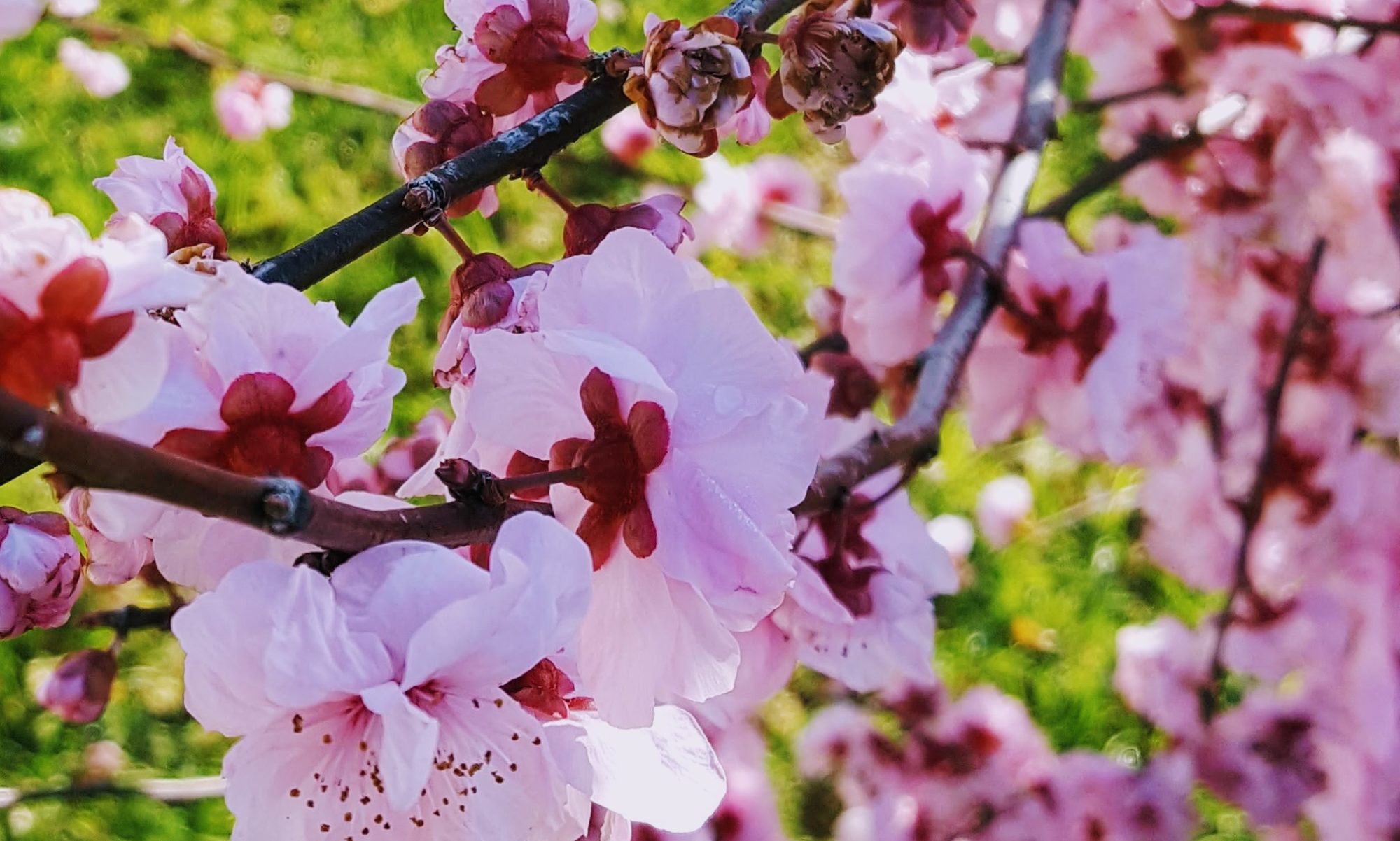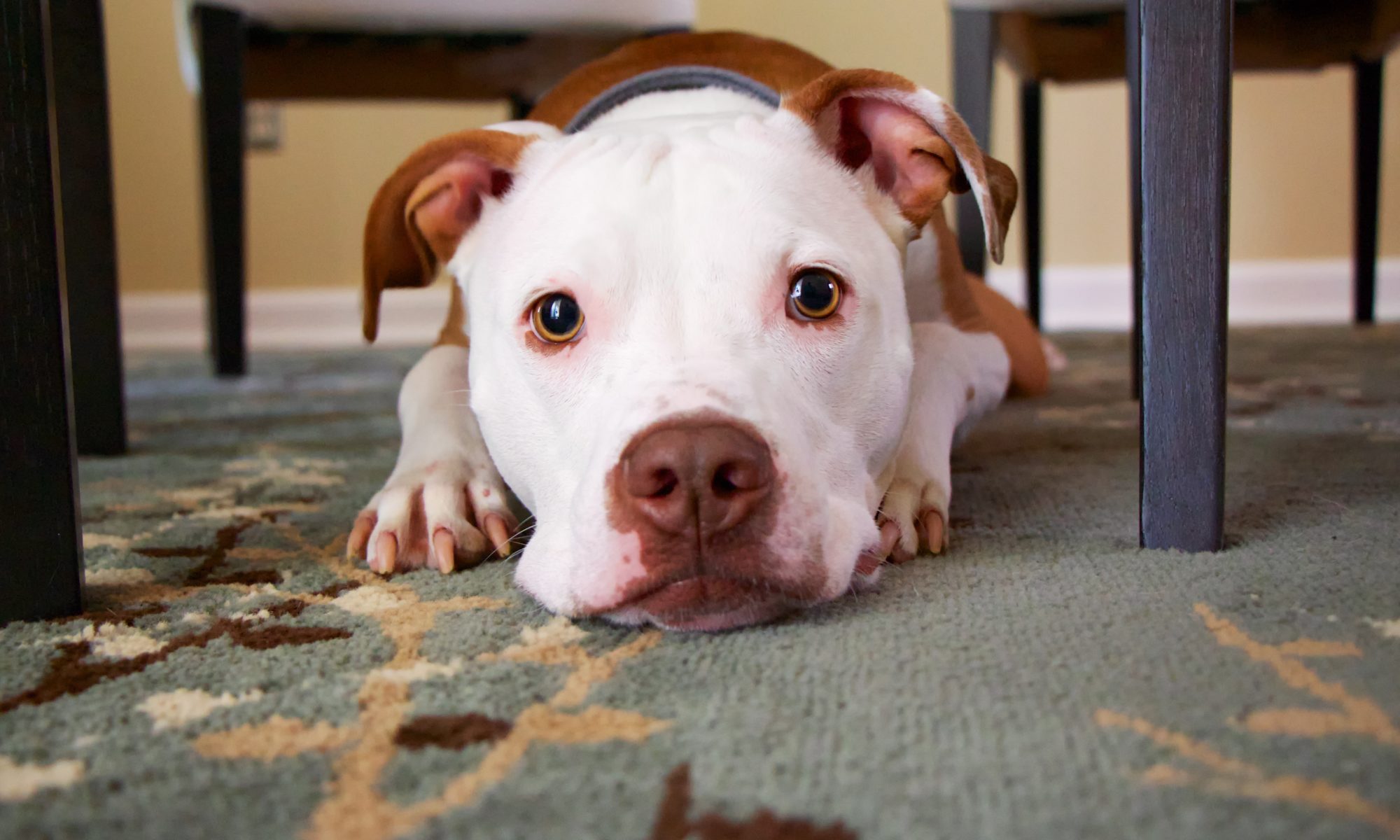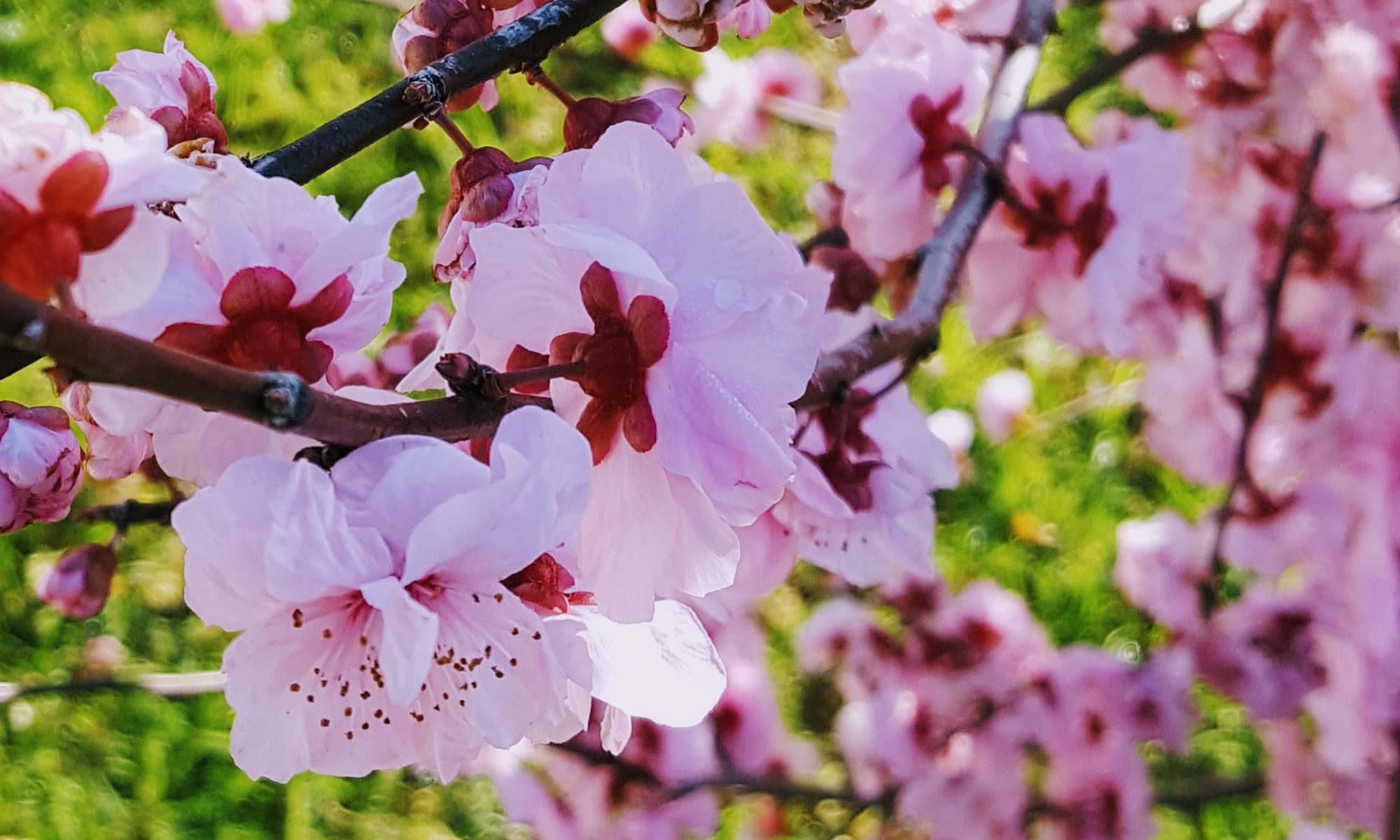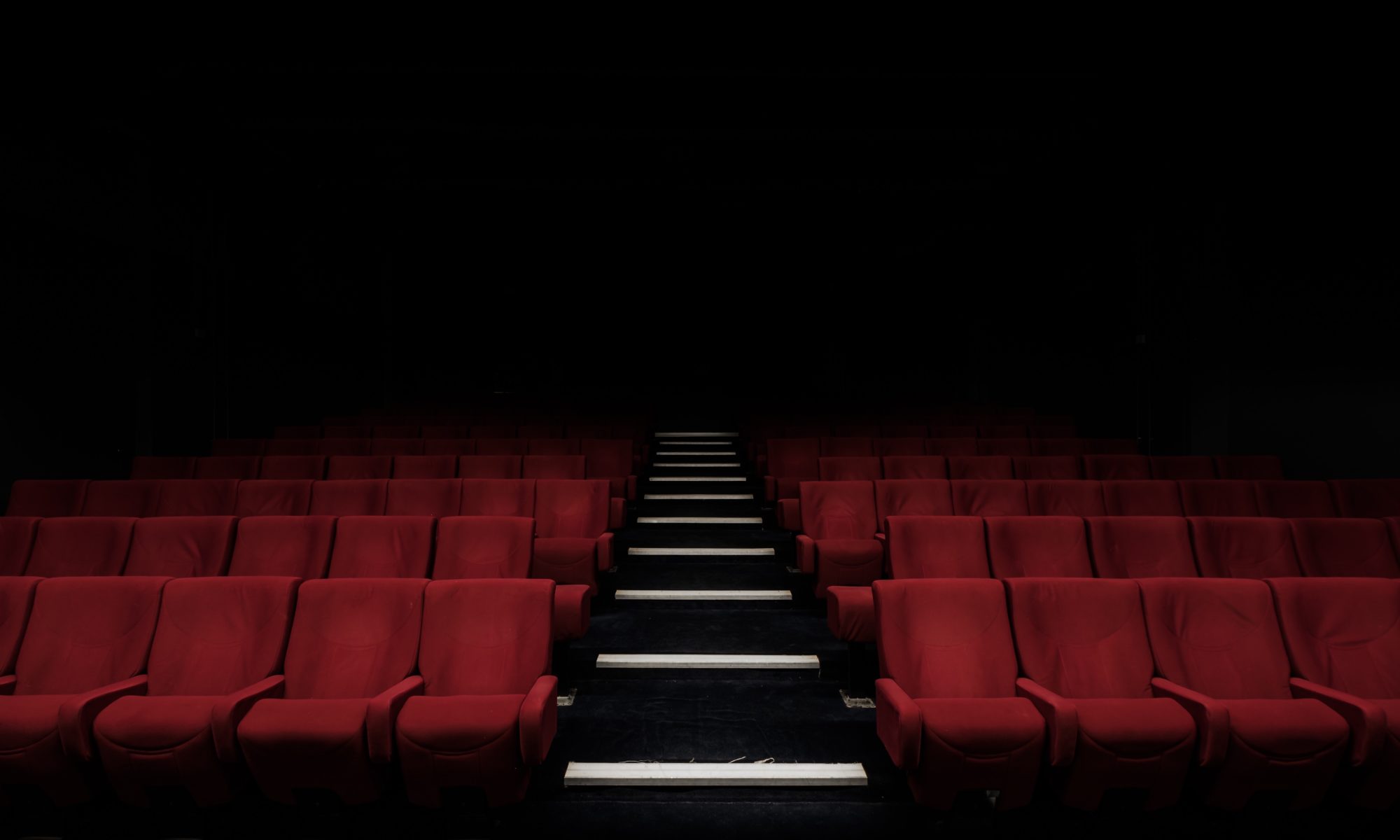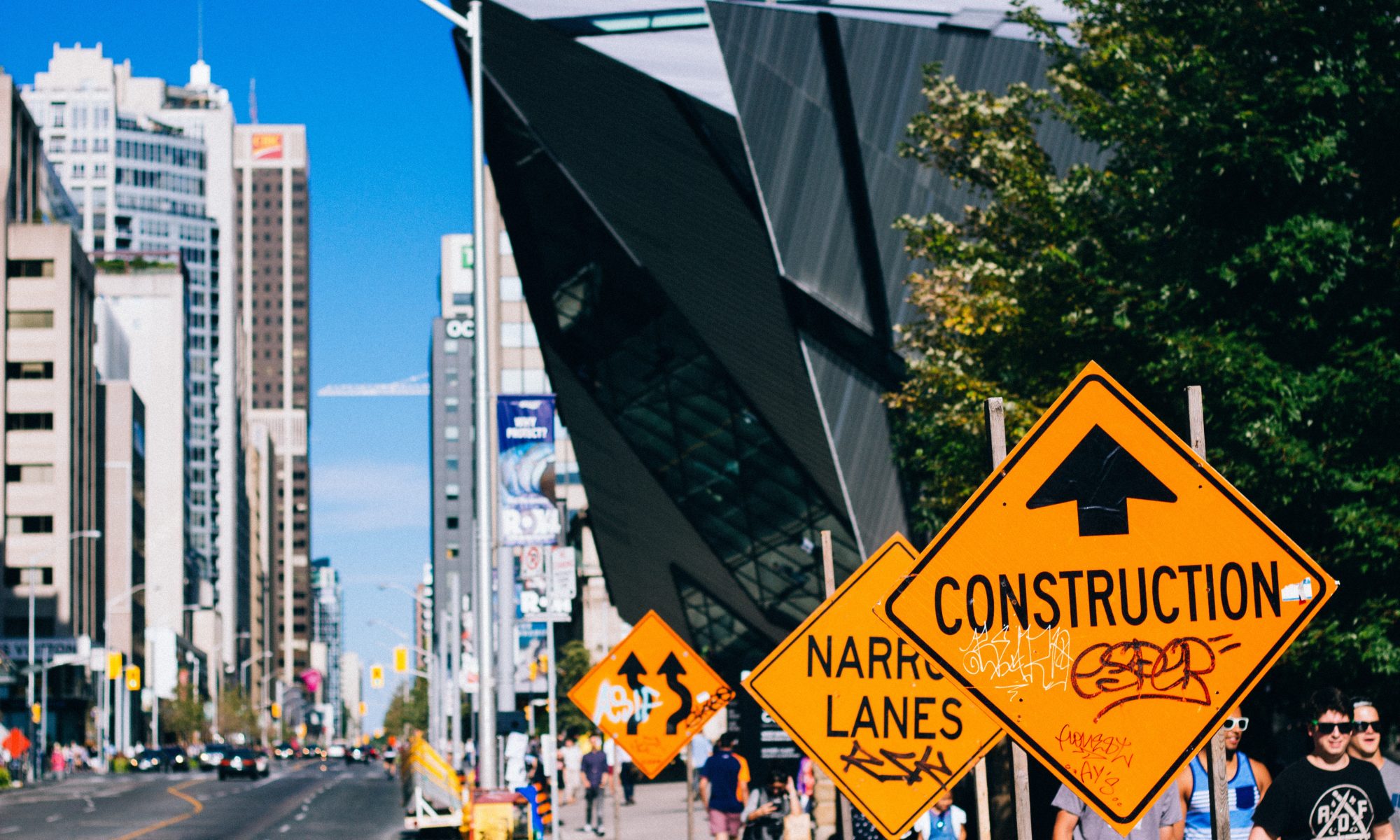All nations need to promote and protect the ability of their storytellers to share stories and to create new dreams.
Today, the Australian Writers Guild is holding a national day of action in the fight to keep Australian film and television production safe from a free trade deal that would only help those pushing cheap content already produced in other countries. The deal would also lead to the end of kids’ TV quotas, which have helped to spur on the production – and to international acclaim – of kids’ Australian TV classics such as Bananas in Pyjamas, The Wiggles and Round the Twist.
The AWG President, Jan Sardi, says:
‘As many of you will know, the right to tell our own stories from our own perspective and in our own voice is not something that just happened, it’s a battle that was fought by the Guild and the industry in the Make It Australian campaign of the 1970s. The battle was won, but the war to keep it Australian has never ended and it’s now entering a new, critical phase. Commercial TV broadcasters want to walk away from any requirement to create children’s content and are lobbying the government to abolish local content quotas. New players like Netflix, YouTube, Stan, ISPs and Telcos are making billions of dollars from the Australian market with no obligation to create local, original content for the Australian audiences it exploits.
If we let this happen there will be no more scripted drama, no kids’ TV and our screens will be flooded with foreign content and reality shows. We will lose our jobs, our unique Australian voice and our culture and because of the Free Trade Agreement, once it is gone, it is lost forever.
The time has come to fight again!’
Obviously, I agree with him.
I hope you have the time to support the campaign here.
